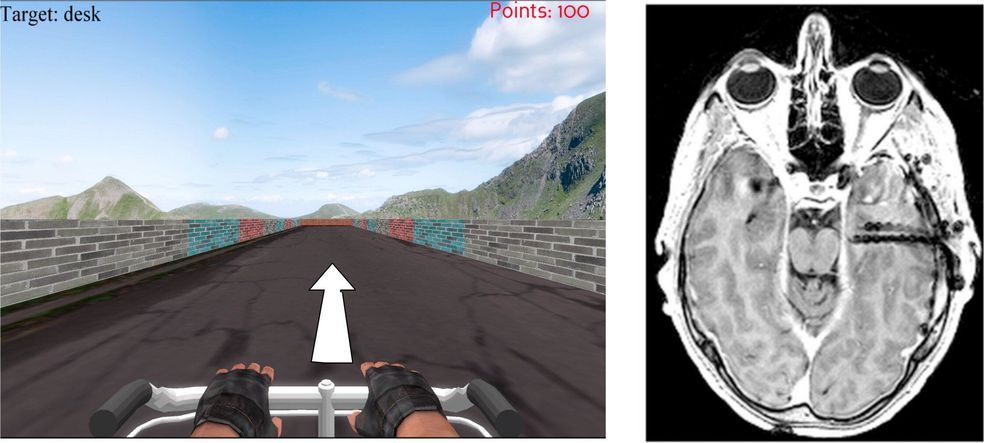An important aspect of human memory is our ability to conjure specific moments from the vast array of experiences that have occurred in any given setting. For example, if asked to recommend a tourist itinerary for a city you have visited many times, your brain somehow enables you to selectively recall and distinguish specific memories from your different trips to provide an answer.
Studies have shown that declarative memory—the kind of memory you can consciously recall like your home address or your mother’s name—relies on healthy medial temporal lobe structures in the brain, including the hippocampus and entorhinal cortex (EC). These regions are also important for spatial cognition, demonstrated by the Nobel-Prize-winning discovery of “place cells” and “grid cells” in these regions—neurons that activate to represent specific locations in the environment during navigation (akin to a GPS). However, it has not been clear if or how this “spatial map” in the brain relates to a person’s memory of events at those locations, and how neuronal activity in these regions enables us to target a particular memory for retrieval among related experiences.
A team led by neuroengineers at Columbia Engineering has found the first evidence that individual neurons in the human brain target specific memories during recall. They studied recordings in neurosurgical patients who had electrodes implanted in their brains and examined how the patients’ brain signals corresponded to their behavior while performing a virtual-reality (VR) object-location memory task. The researchers identified “memory-trace cells” whose activity was spatially tuned to the location where subjects remembered encountering specific objects. The study is published today in Nature Neuroscience.
